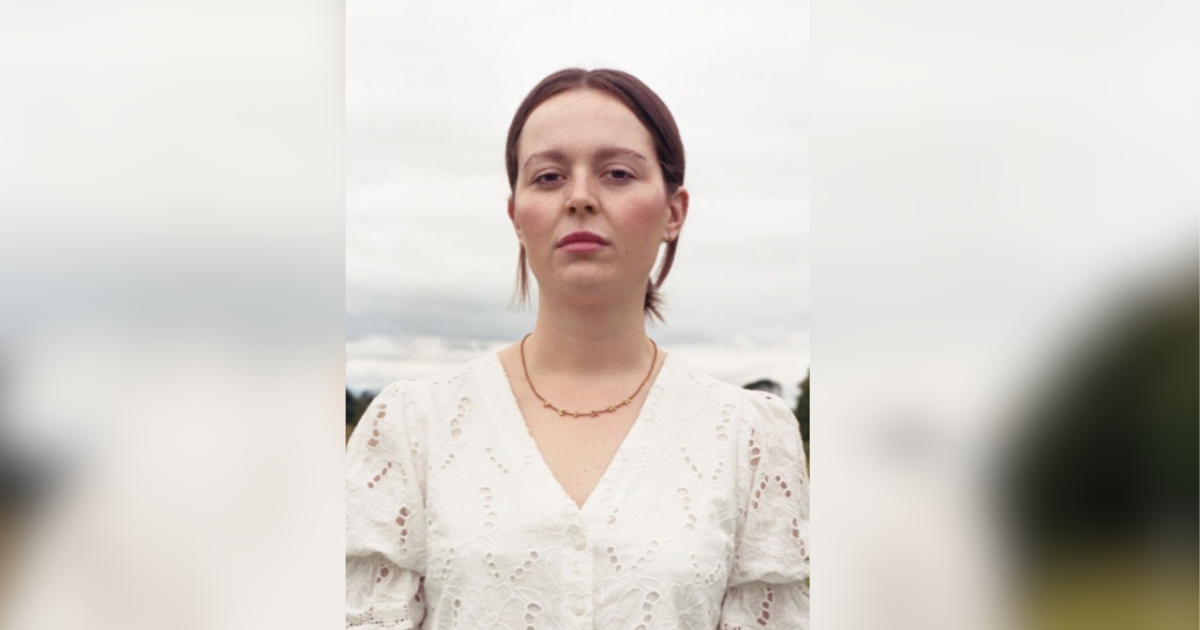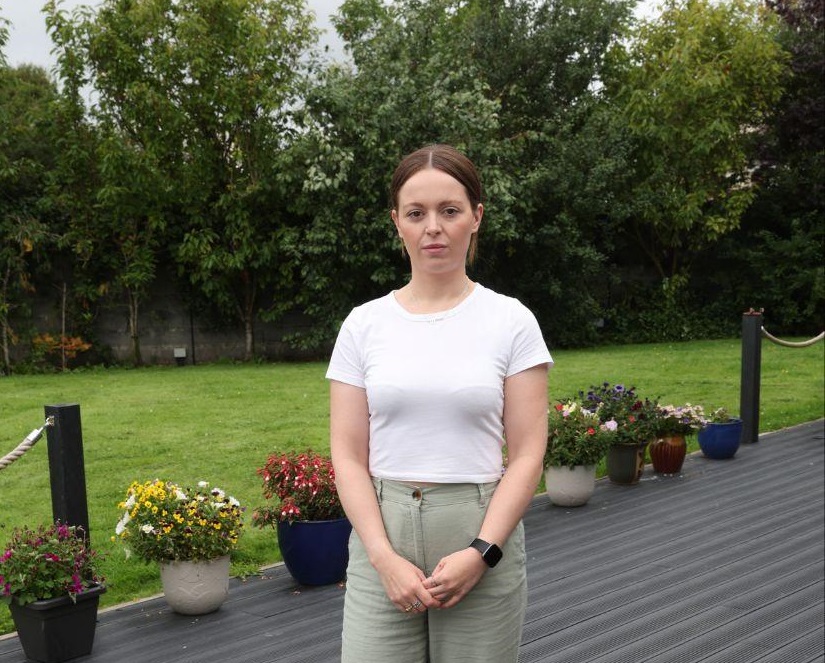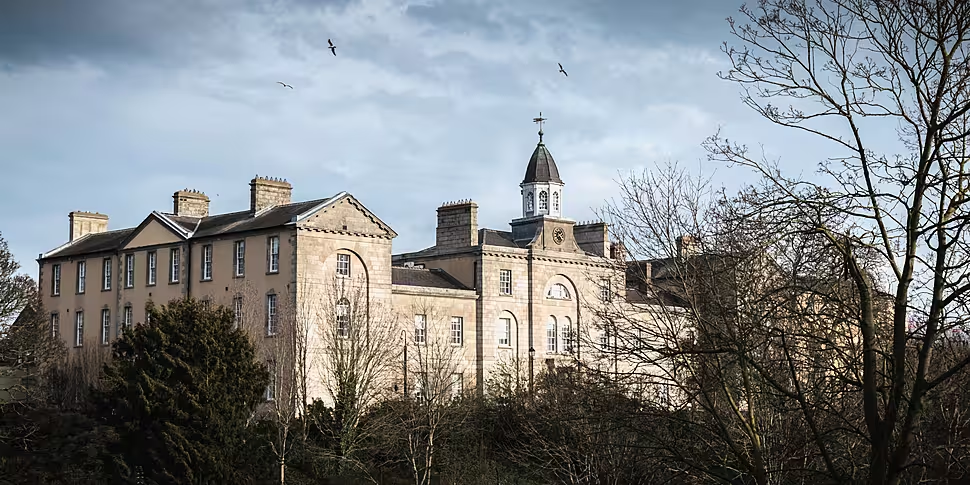The Director of Public Prosecutions opted not to prosecute 67% of people accused of sexual offences in files submitted to it by Gardaí over the past ten years.
New figures released to Newstalk under the Freedom of Information Act show that Gardaí submitted over 17,500 sexual offence files involving nearly 20,000 accused persons between 2014 and 2024.
The DPP directed no prosecution for 13,197 of those suspects – just over 67% in total.
Of the 6,352 suspects it did prosecute, around 27% were prosecuted in the District Court where sentences are limited to one year for a single offence and two years if multiple offences are being dealt with at once.
The remainder were prosecuted in the higher Circuit and Central Criminal Courts where trials are heard in front of a jury, and judges have significantly stronger sentencing powers.
On The Pat Kenny Show this morning, Newstalk reporter Jessica Woodlock spoke to rape survivor Ciara Mangan, whose attacker, 30-year-old Shane Noonan of Castlehilll Park, Turlough Road, Castlebar in County Mayo, was sentenced to eight years in jail in 2023.
Ms Mangan said it is essential that survivors do not think that a DPP decision not to prosecute means they were not believed.
“That's the first thing I said when I got the call telling me they've decided to prosecute,” she said. “I said to my Garda Liaison Officer, ‘Oh, my God, they believe me.”
“But she said, ‘They've always believed you.’
“I think that's a really important narrative to instil, that it is not that they don't believe you, it is just that there was, unfortunately, not enough evidence to go forward.
“I personally count myself just kind of lucky that I somehow made it through to the end against all of the odds.”
 Ciara Mangan. Image: Provided.
Ciara Mangan. Image: Provided.Ms Mangan said she considered dropping her case “numerous times” during the ten years it took to see Noonan convicted in court.
“On average, it seems to be taking at least five years to put one rapist away,” she said.
“That’s a very long time and you really kind of just have to put your life on hold, essentially, for that and you will be getting, you know, all these delays and postponements and things like that.
“That's why survivors are speaking out. They're trying to change the system for the next victims that have to go through this absolute gruelling process.
“But justice is possible, and I hope that that message comes across – that justice is possible and we're hoping that the system will get easier for victims.”
 Ciara Mangan. Picture: Supplied
Ciara Mangan. Picture: SuppliedThe Freedom of Information figures show that the DPP is now opting to prosecute more sexual offences than it was 10 years ago – with the non-prosecution rate falling from 80% in 2014 to a low of 56% in 2022.
Meanwhile, an analysis of the DPP’s Annual Reports over recent years shows that, of the cases it does decide to prosecute, the DPP achieves a conviction rate of more than 75%.
View this post on Instagram
"Extremely traumatic"
Senior Counsel Lorcan Staines told Jessica that if the DPP believes there is no reasonable chance of conviction, it has a responsibility to direct no prosecution.
He said sexual offence trials can be “extremely traumatic” and “very, very stressful” for the complainant.
“It's tense – extremely tense,” he said. “The consequences are enormous either way.”
“If the accused person is found guilty, they're going to jail for a long period of time and they're branded a sex offender for the rest of their life.
“If the accused is found not guilty, it can be extremely traumatic for the victim who, in his or her view, has been the victim of a crime and they can feel like they're not believed if a conviction doesn't follow.”
Court setting
Mr Staines said the experience can be even more upsetting for a complainant if they don’t get the verdict they hope for, noting that the prosecution must convince a jury beyond a reasonable doubt to secure a conviction.
“You're coming into court into an unusual scenario, having to talk about very intimate details, having to be asked questions about it, having suggestions made that you're not telling the truth, having 12 random people that you've never met before, making a determination about something personal in your life,” he said.
“If at the end of the day, that [verdict] comes back as not guilty, while that doesn't mean you weren't believed because the test is so high […] oftentimes, the complainant will take the verdict of not guilty as being ‘I was not believed’, which is a retraumatising aspect.
“Therefore, one must be very careful that, if a case has no reasonable prospect of success, the appropriate thing to do is not to prosecute the case.”
Difficult to prosecute
In a statement to Newstalk, the DPP said its Guidelines for Prosecutors state that it can only direct a prosecution if it is satisfied the evidence is strong enough to ensure a reasonable prospect of conviction.
It noted that this is a “very high standard to achieve”, especially when it comes to sexual offences like rape where prosecutors must decide if the evidence is strong enough to speak to questions of consent and ability to consent.
It said prosecution decisions are not about “a question of who we believe”.
“The question we must consider is whether all the evidence taken together is enough to give a reasonable prospect of a conviction,” it said.
“If the evidence does not reach this threshold, our Guidelines for Prosecutors state that we should not prosecute.”
Insufficient evidence
The DPP figures released to Newstalk also include the reasons the DPP opted not to prosecute – with ‘insufficient evidence’ accounting for the vast majority of files at 78%.
Meanwhile, the injured party withdrew their complaint in 12% of cases and 1% of cases were not prosecuted due to the death of the suspect involved.
Some 2% of cases were not prosecuted in the ‘public interest,’ which may include scenarios involving vulnerable people or situations where the accused person is also a victim of crime.
Since late 2015, victims of crime have been able to submit a Request for Reasons when the DPP decides not to prosecute, as well as a Request for Review of that decision.
Some 2,287 Requests for Reasons relating to sexual offence cases have been received in that time, with the highest number granted in 2020 (310).
Some 776 Requests for Review were received in the same period, with 2022 seeing the highest number (95).
If you or someone you know has been impacted by any of the content in this article you can contact the National 24-hour Rape Crisis Helpline on 1800 77 8888.
Main image: Office of the Director of Public Prosecutions. Picture by: Alamy.com.









